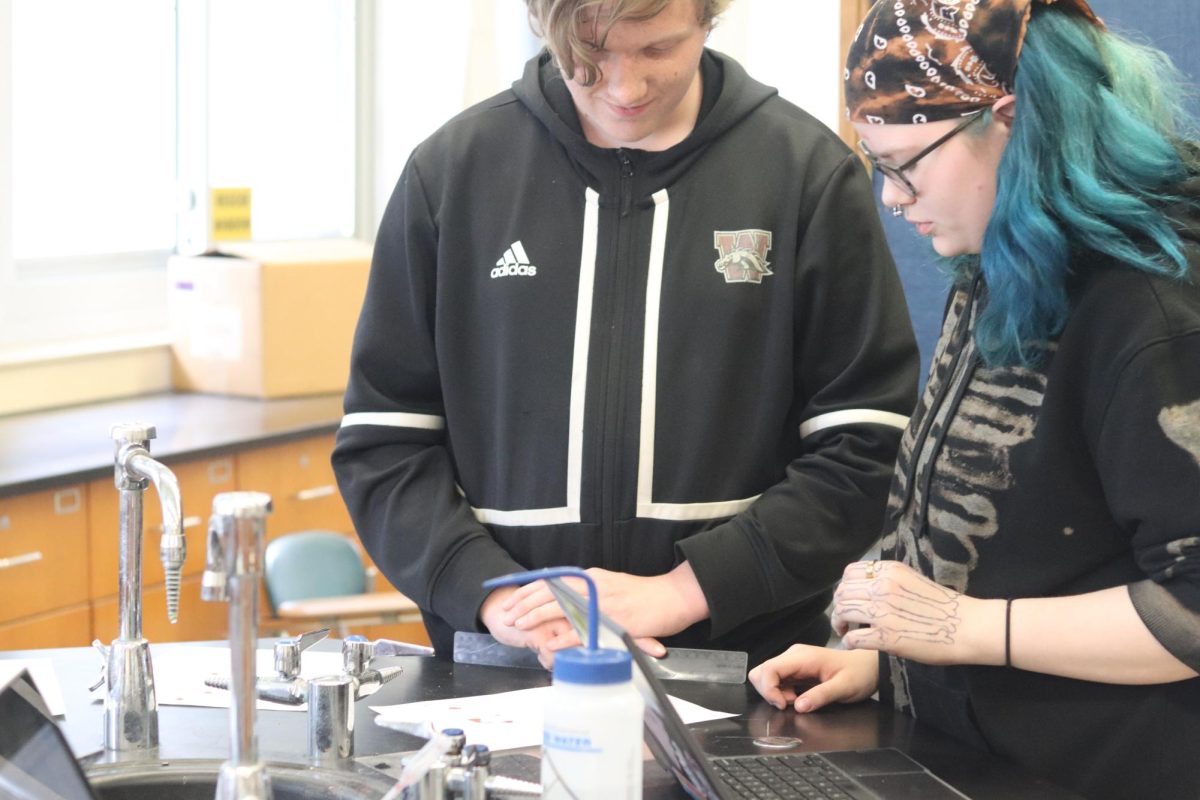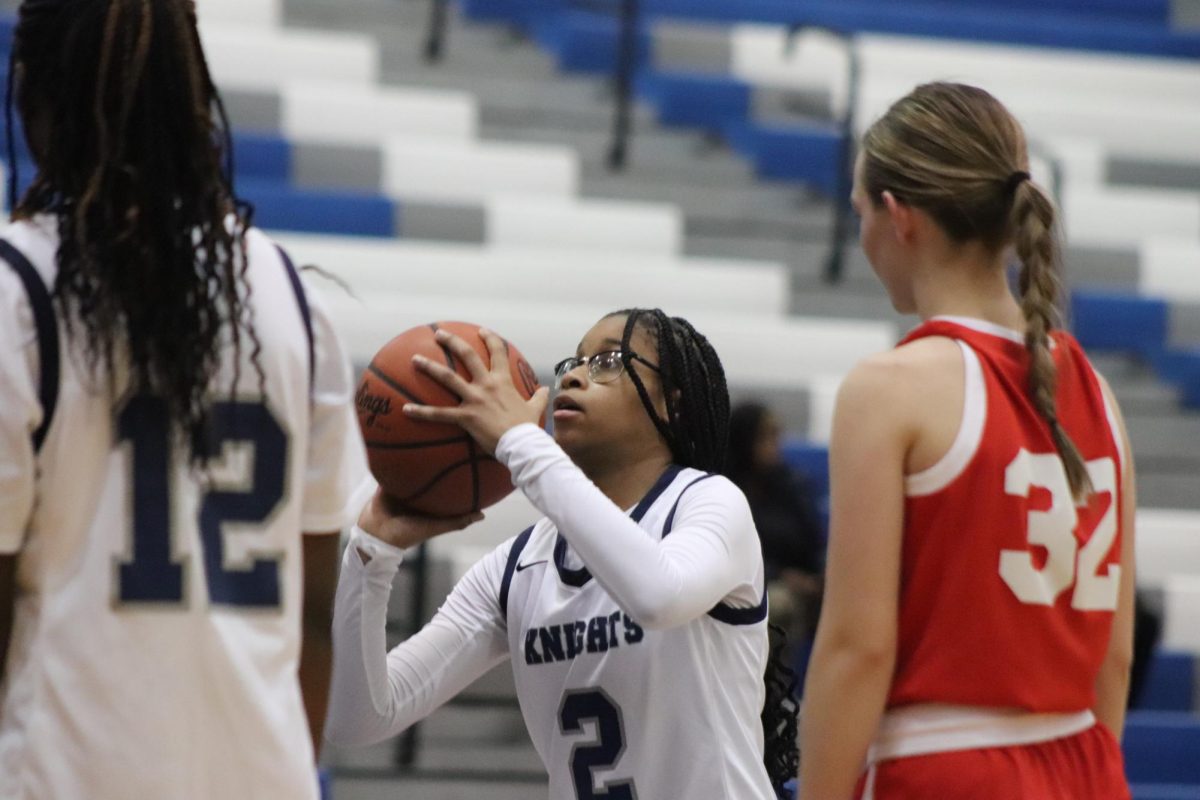
As of June 2018, Statista reports over 1 billion Instagram users worldwide, a staggering one seventh of the world’s population. However, that figure pales to the 2.23 billion active Facebook accounts recorded over the same time span. These statistics reveal what has been imminent ever since the initial rise of Facebook: social media has and will continue to dominate every aspect of daily life for people across the globe.
The use of social media in modern day politics is increasingly prominent. Many credit Barack Obama’s use of Twitter and Youtube as one of the driving forces behind his victory in 2008. President Trump used Twitter as a springboard for his 2016 victory and as a way to voice his issues with the bureaucratic system. Social media allows politicians to connect with millions of potential voters who may not have seen a candidate’s message otherwise, at a speed unprecedented by any other means of advertising in history.
The contemporariness of social media has brought forth the concept of digital etiquette to the forefront of society. Children and adults alike have to navigate what is considered acceptable to post online. Even now, with social media being a relatively new creation, celebrities and politicians have seen their past tweets and posts backfire against them.
When someone rises to fame, their actions become heavily scrutinized by the general public, and “Twitter trolls,” people who spend their time making derogatory or controversial comments behind a fake account, can easily dig into twitter and find a past tweet of theirs that was intentionally or unintentionally derogatory, which can be used to ruin someone’s image.
Social media has forced many politicians to take extra precautions with their messages, and for the most part, despite such a large platform, there have been limited examples of past regret. However, the problem lies not in the current generation of politicians, but the ones who are sitting in high school and college.
Despite the vast difference in years lived, there’s not a single U.S. senator or representative that grew up with a Twitter or Facebook. The current generation of students will become the first group of adults who have grown up with social media.
As a country, we have not yet been able to experience the long-term connotations of a digital footprint. The U.S. Department of Adolescent Health reports that over 94% of teenagers go on social media at least once a day. These statistics prove that it is incredibly likely that 30 or 40 years down the road, the general public will be able to track what their president may have been like as a teenager.
Such a concept becomes incredibly frightening as divisive debates regarding a president’s past and political correctness will dominate the forefront of politics. Teenagers want to be independent, to go out on a whim, and such a desire often brings an impulsivity that leads to regrets down the line.
“A quarter of teens regret posting a video on social media,” reports Essential Kids, who found that 38% of sixteen year olds admit posting something they later regret.
It seems inevitable that some future political candidates will have made a post they now regret and have to answer for their teenage self. The pressing question for society to consider is how we will react to our politician’s past. Will a post made forty years ago prevent somebody from becoming president? Or will society deem the teenage years as irrelevant to one’s qualifications for office?
Brett Kavanaugh’s Supreme Court nomination has already brought this issue to the forefront of society with an examination of his high school yearbook, but as we continue down the road of mixing social media and politics, our current definition of political correctness will force us to change something.
Subscribe to the Newsletter

Lucy Langerveld, Staff Writer • April 16, 2024
2023 was dubbed by mainstream media as the “Year of The Girl”: the "Barbie" movie dominated movie theaters and powerhouse pop artists like...

Faye Radley, Guest Writer • April 15, 2024
It was the middle a weekend afternoon and Torin Radley, a teenage artist, was excited about making a new "Dungeons and Dragons" character. Radley...

Elli Kastner, Guest Writer • April 12, 2024
As you shuffle into class for an important assignment, your non-dominant hand begins to rhythmically tap the golden-brown wood of your desk while...
Social Media Will Shape the Next Generation of Politicians
Nate Goodwin-Kelly, Opinion Editor/Knights Speak Team
November 14, 2018
Leave a Comment
More to Discover
About the Contributor

Nate Goodwin-Kelly, Opinion Editor/Knights Speak Team
Opinion Editor & Staff Writer for Knight Life.













